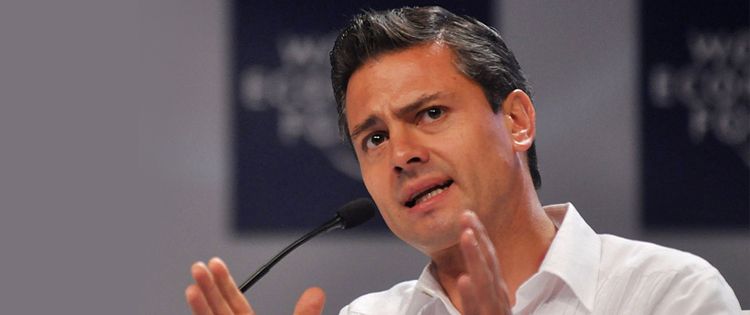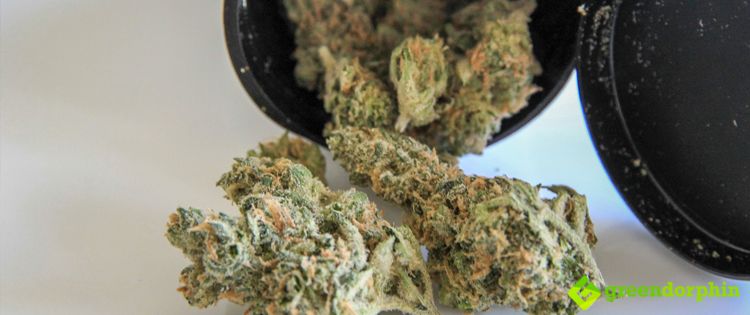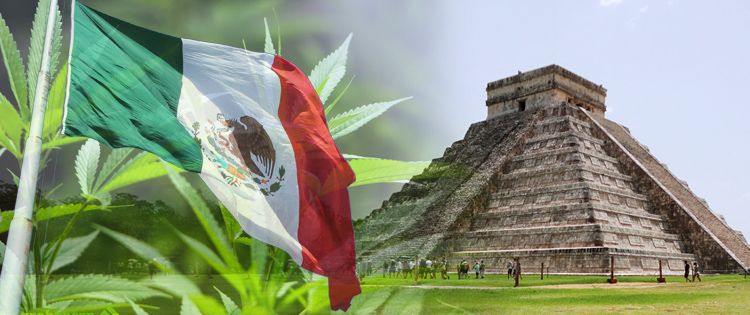Mexico has been playing an interesting card in the issue of global marijuana reform. The country, long on the front lines of the American drug war, is also directly threatened by the power, money, and influence of not only Mexican but Central and South American cartels.
Almost two years ago, the Supreme Court here declared that cannabis consumption was a basic human right. Since then, things have moved progressively forward, even if still too slowly for a vocal advocacy movement in the country.
In 2016, the country’s president, Pena Nieto, spoke at a special session of global leaders who had gathered to discuss changing global policy on drugs for a new century. Nieto is of the opinion, like many of his ilk outside the United States, that the issue of cannabis use if not other drugs beyond it, is a matter of public health, not criminalization.

It is a trend if not mindset that is afoot across most of the world right now. In fact, the more intransigent the U.S. is to federal reform about marijuana, the more opposition to reform is linked to other globally despised American policies if not the Trump White House.
Mexico, which is also on the front lines of a tense diplomatic relationship with Trump already over immigration, not to mention the discussion of “The Wall,” has continued to move in a direction on cannabis with more of an eye to global rather than U.S. policy. In fact, there are times when the country’s leadership, especially now, is going to great lengths to show how different (not to mention functional) it is.
Mexico Manages to Get Medical Cannabis Reform Through its Congress
When it comes to cannabis reform, there are few other governments that look as dysfunctional as the U.S. right now. Mexico seems determined to join those who believe that this issue is a federal one that needs to be addressed with no more delay. Compared to the U.S., where bills to reschedule the drug have languished every session since 1970, Mexico’s legislators not only went to work on a medical bill after the 2015 Supreme Court decision. It has now passed both houses of the Mexican Parliament and sits on the president’s desk ready for signature.

Compare that with what is going on in the United States right now. Multiple bills to reschedule the drug have already been introduced. Congress has also extended the defunding of the DEA for state-raids through the end of the year. In the meantime, the DEA has rescheduled liquid synthetic THC as a Schedule II drug.
The plant itself remains verboten and illegal on the basis of not science, but politics in the United States at least.
In Mexico, the conversation is completely different. With legal precedent that now categorizes possession and use of the drug, the question is how access should be regulated.
The legalization of medical use is the first step obviously.
And just as obviously, it is also very clear that recreational reform is well on its way to becoming reality at a national level – perhaps even faster than Mexico’s louder neighbour to the north.
Impact of Mexico on Canna Reform Globally
Mexico’s decision to take a new tact in the drug war is highly significant. Long a channel for drugs into the U.S., legalization here effectively throws down a gauntlet to the American administration. With Canada on the verge of full-blown legalization and Mexico well on the way, the U.S. is rapidly creating a situation where it becomes “man in the middle.”

While this creates a new and powerful argument for reformers in the United States, don’t expect this to happen before 2020. It is very likely that cannabis reform will again be on the top of any federal presidential campaign, given the way events seem to be shaping up in Washington right now. It will join a long list of issues that Americans are fundamentally fed up about.
The fact that reform is going on now, on both sides of America’s external borders, becomes a powerful hemispheric force in the United States to force the change that has staggered forward despite continued top down the opposition.
Mexico’s decision is also happening in line with European reform.
It also becomes one of an expanding list of countries moving forward on formally integrating the drug into mainstream healthcare as a legitimate and very powerful remedy for some of the most chronic conditions still facing human beings.
Share your views with our community in the comments below.
- Guenter Weiglein – The Persevering Patient - July 7, 2017
- Dr Peace – A German Cannabis Doctor On The Go - July 5, 2017
- The German Marijuana Edibles Market - July 3, 2017


